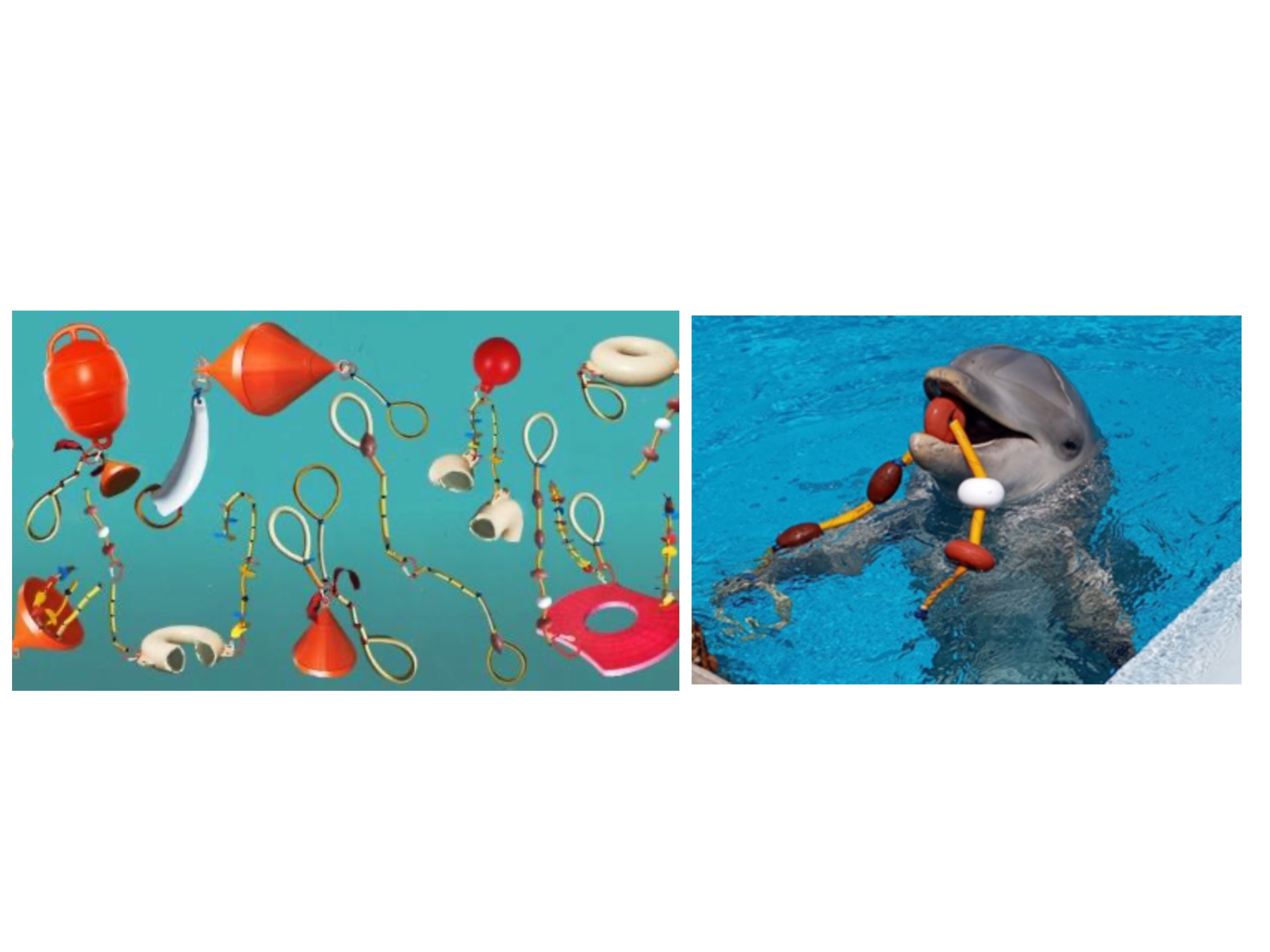
Echoes of the Sea: Co-Designing Joy with Dolphins, A Research Paper


Once upon a time, in the azure waters off the coast of an island called Malta, there existed Mediterraneo, a marine park filled with life and joy. In its bounds dwelled a pod of our friends, eight playful and curious bottlenose dolphins. These weren't just dolphins; they were Luqa, Rohan, Melita, Cha, Ninu, Onda, Mar, and Sol.
Behind the scenes were two equally curious researchers, Aphrodite Andreaou and Stefano Gualeni, who embarked on a unique journey with their dolphin friends. They weren't just studying them; they were getting to know them better, collaborating with them. This was all about co-creating (or co-designing) toys that could bring stimulation and joy to our eight dolphin friends.
Aphrodite and Stefano knew that traditional approaches to animal welfare are often overlooked, ignoring the needs and perspectives of animals. They believed that the dolphins deserved much more love and joy—they deserved to have a voice of their own.
Armed with the willingness to challenge anthropocentric biases, empathy, and love, for eight months, Aphrodite and Stefano worked together to create a new approach, an approach that humans and dolphins can share spaces and see them as opportunities for negotiation and interaction. Drawing inspiration from the principles of critical interaction design, they viewed each toy prototype not just as a plaything but as a tangible question—a provocation that forced them to confront their own assumptions and perceptions.
Through playful improvisations and interactive sessions, Aphrodite and Stefano listened intently to the dolphins' feedback, allowing their playful spirits to guide the design process. The result was not just a set of toys, but a flexible concept—a tool for empowerment and enrichment that honored the dolphins' autonomy and dignity.
As the sun set over Mediterraneo, Aphrodite and Stefano reflected on their journey. They knew that they hadn't just designed toys; they had co-created a new way of thinking—a way that celebrated diversity, fostered empathy, and promoted respect for all beings, both human and non-human alike. And in that moment, they realized that true innovation wasn't just about solving problems; it was about forging connections and building bridges—bridges that spanned not just oceans, but hearts and minds as well.
You can read the research paper here: https://dl.acm.org/doi/fullHtml/10.1145/3637882.3637885

